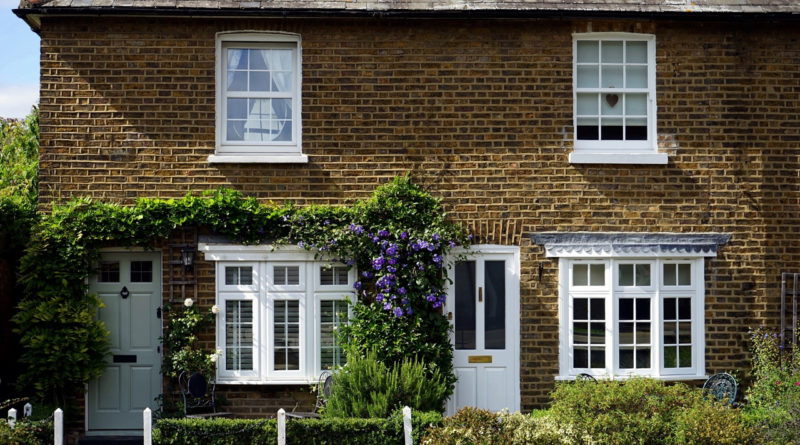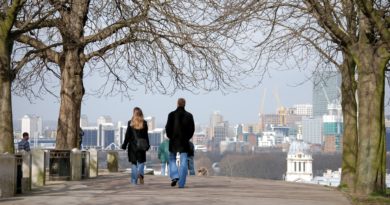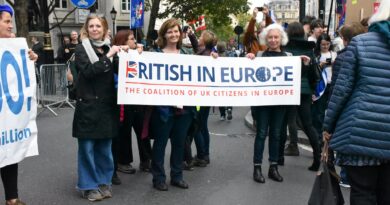Dutch friends meet on a Sunday… and apply for settled status
Suddenly we can apply for settled status to have our rights recognised in the country where we have been living for years: the UK. The government unexpectedly opened to all EU nationals the third test phase of the application system on the 21st of January 2019. I talked about it with my Dutch friends. What should we do? Go for it? Wait for the official start on March 30th?
There was among us a strange mix of excitement and anxiety at how the system would work. Do we have enough evidence to prove we are here ‘legally’? Will we be accepted or denied? What if the app does not work?
The doubts emerged because we are all in different circumstances, and they added to the overall feeling of ‘why do I need to go through this in the first place’? In 2001 I moved from the Netherlands to south east London to live with my now husband. For more than 17 years this country has been my home. Now I have to apply to stay and declare I am not a criminal. I feel I have to justify why I am here.
A ‘settled status’ lunch
Luckily my old phone recently broke, so I am now in possession of an Android 8, one of the versions on which the app to apply works (it does on Android’s version 6 and above, not on older ones nor on iPhones). The official Home Office advice to people without the right phone is to borrow someone else’s. That feels not right. We have to submit a lot of personal information via the app, including photo and passport details. The app is supposed to delete all the data after the ID has been verified, but still. This is where the idea to organise a settled status lunch with friends was born. We could borrow each other’s phone to apply and at least be sure to use the device of someone we know and trust.
So our motley group (in settled status terms) got together on a Sunday afternoon, with our passports, national insurance numbers, paperwork, prosecco, homemade salads and cakes. Why not make a bit of a happening of it?
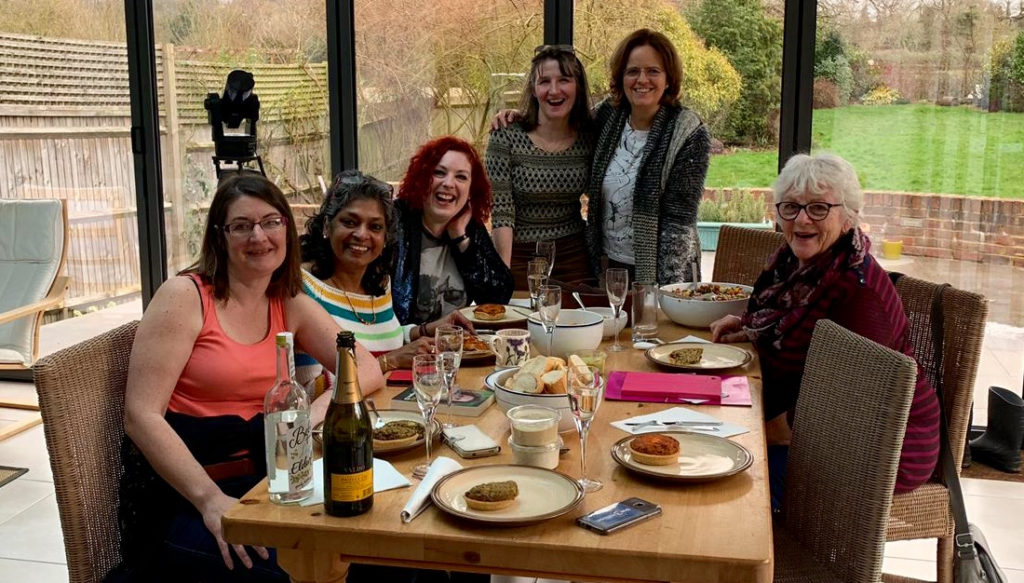
Four of us were going to apply that afternoon: one had to swap permanent residence (the EU residence card) for settled status, one had to apply from scratch having always been employed, one had gaps in employment records, and then there was me, with no records at all.
When I moved to the UK I studied for a degree at the Open University. Right after having submitted my dissertation, I got the shocking diagnosis of breast cancer. After spending a year in treatment and recovery, I now volunteer for Breast Cancer Care, turning something negative that happened to me into something positive I can do to support others.
However, that means that HM Revenue & Customs and the Department for Work and Pensions do not hold records on me, as I have never been in paid work in the UK. The settled status system checks automatically the records with these organisations to establish whether you have been in the UK for the last 5 year. Those with no such records can provide other documents, such as bills and Council tax statements.
But I moved in with my husband and all bills were initially in his name. Coming from the Netherlands, where everyone is registered at the Council where they live, it never occurred to me that having my name on bills was actually important. Until I thought it was a good idea to at least appear on the energy bills.
After lunch, with some Dutch courage and Italian bubbles, I was going first. I knew that I needed to submit additional evidence for the past five years (this is the period recognised by the system, past periods can be covered separately). I am a bit of a document hoarder, so I managed to find 60 months’ worth of energy bills.
I called the helpline to check how many documents one can upload. The lady on the phone was very friendly and understanding and she did her best to find the answer. I was told that I could indicate at the end of the application if I did not manage to upload all information. I would then be assigned to a case worker to whom I could send the rest of the documents by email without restrictions.
The helpline is open from Monday to Friday between 8am and 8pm, excluding public holidays, and on Saturday and Sunday between 9.30am and 4.30pm. Telephone from:
UK government website.
Inside the UK: 0300 123 7379
Outside the UK: 0203 080 0010
Filing the application
So off I went. I downloaded the app on my phone. So far so good. But then I nearly failed at the first hurdle before even starting the actual application. Despite having a phone according to the specifications, I could not scan the chip of my passport. I checked that the Android Beam was on and the NFC (Near-Field Communication) was activated. I tried scanning the passport in different ways: holding the phone in different positions, moving it over the passport, turning the passport. After 9 attempts I gave up. If I had been at home by myself, I would have been frustrated and angry. Instead, we had a collective moan and a laugh, and I switched to the phone of a friend. It worked.
The app verified my ID so I could move on to the real application on the Home Office website. You can do this on your phone, tablet or computer. The advantage of continuing with a phone is that you can take photos of your paper evidence, if needed, and upload it directly.
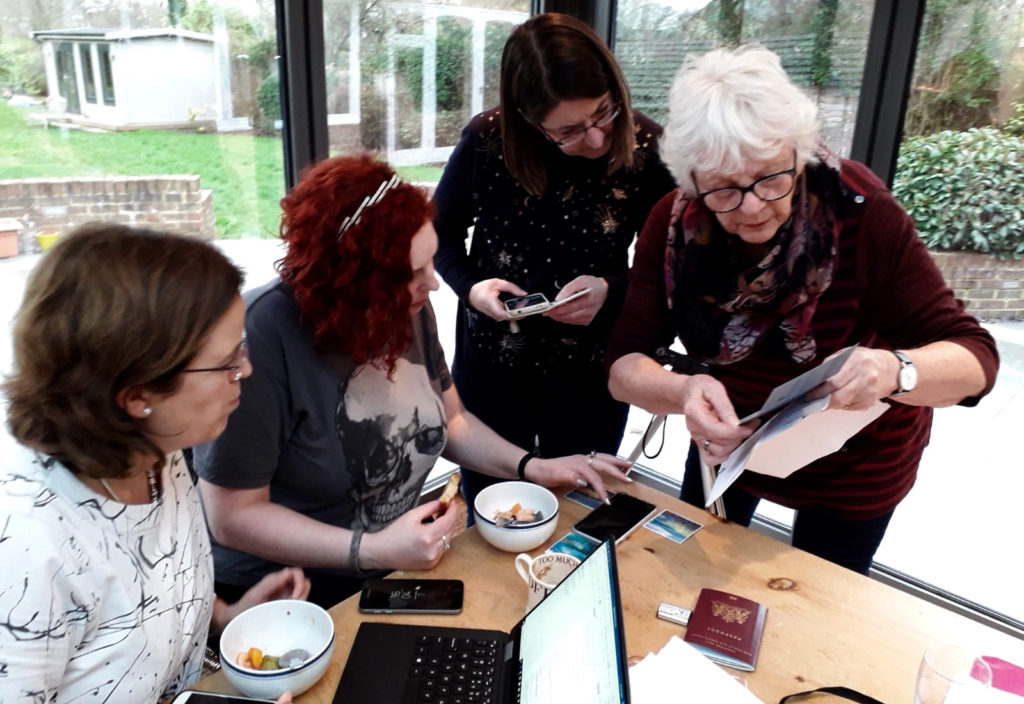
I managed to upload all my bills, but then I got a bit in a loop. In order to go to the final page and press ‘submit’, I actually had to go back. This was not immediately clear to me, and I logged on and off several times before finding the button. Again, if on my own, my blood pressure would have shot up. But being with friends deflected the frustration and finally I managed to submit my application.
Waiting for the verdict
Now, some poor soul in the Home Office needed to check my energy bills of 5 years. That same person, when deciding whether the evidence I provided was sufficient, was in charge of my future. The lady on the phone could not tell me how long it would take to get an answer. So I was pleased to see a link to the current processing time.
However, this is what it showed:
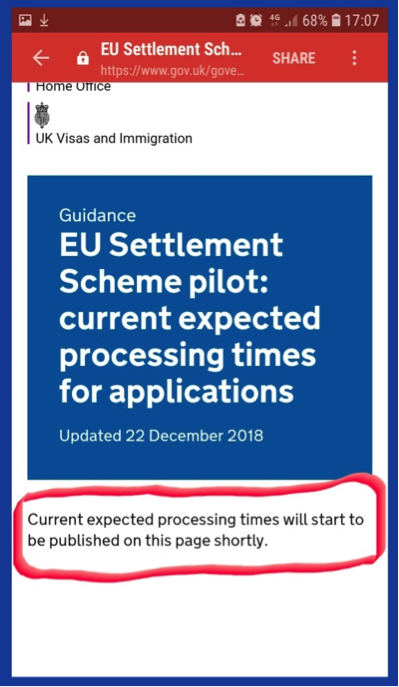
So the waiting game was on, but having applied with friends made it a bit more bearable.
Whether applying now or waiting until the system officially opens on March 30 is a personal choice. I can fully recommend doing it with someone else. Besides providing support, this group action allowed us to learn from each other’s application, so the next ones did not struggle with the same issues.
Final confirmation
Some of my friends received confirmation that their application had been successful within a couple of days. For me, it took 11 days. I then received the confirmation of having been “granted Indefinite Leave to Remain (ILR) in the United Kingdom, under Appendix EU to the Immigration Rules. This is also referred to as settled status.”
Am I celebrating? I have mixed feelings about it. Of course I am happy that I have now settled status and there were no problems with my evidence of legal residency. But the fact that I had to go through this dampens any joy in it. A simple and non-judgmental registration would have been just fine and would have removed the fear of being rejected for whatever reason or mistake.
From the experience, I can also see that many others may have problems with the system. Just imagine your grandmother using a smartphone, or a person with disabilities, or someone who has not a full grasp of English or indeed, has few documents available. And while I and my fellow Dutchies had all the necessary information, not everyone may be informed in the same way.
I am happy with having settled status now, because this opens for me the route to British citizenship. Without it, I would not be able to apply. But this will doubtlessly be another mix of emotions.
Hedwig Hegtermans © all rights reserved.
Hedwig Hegtermans is an activist for the3million, an organisation working to protect the rights of EU nationals in the UK. Photo courtesy Hedwig Hegtermans and Pixabay.

